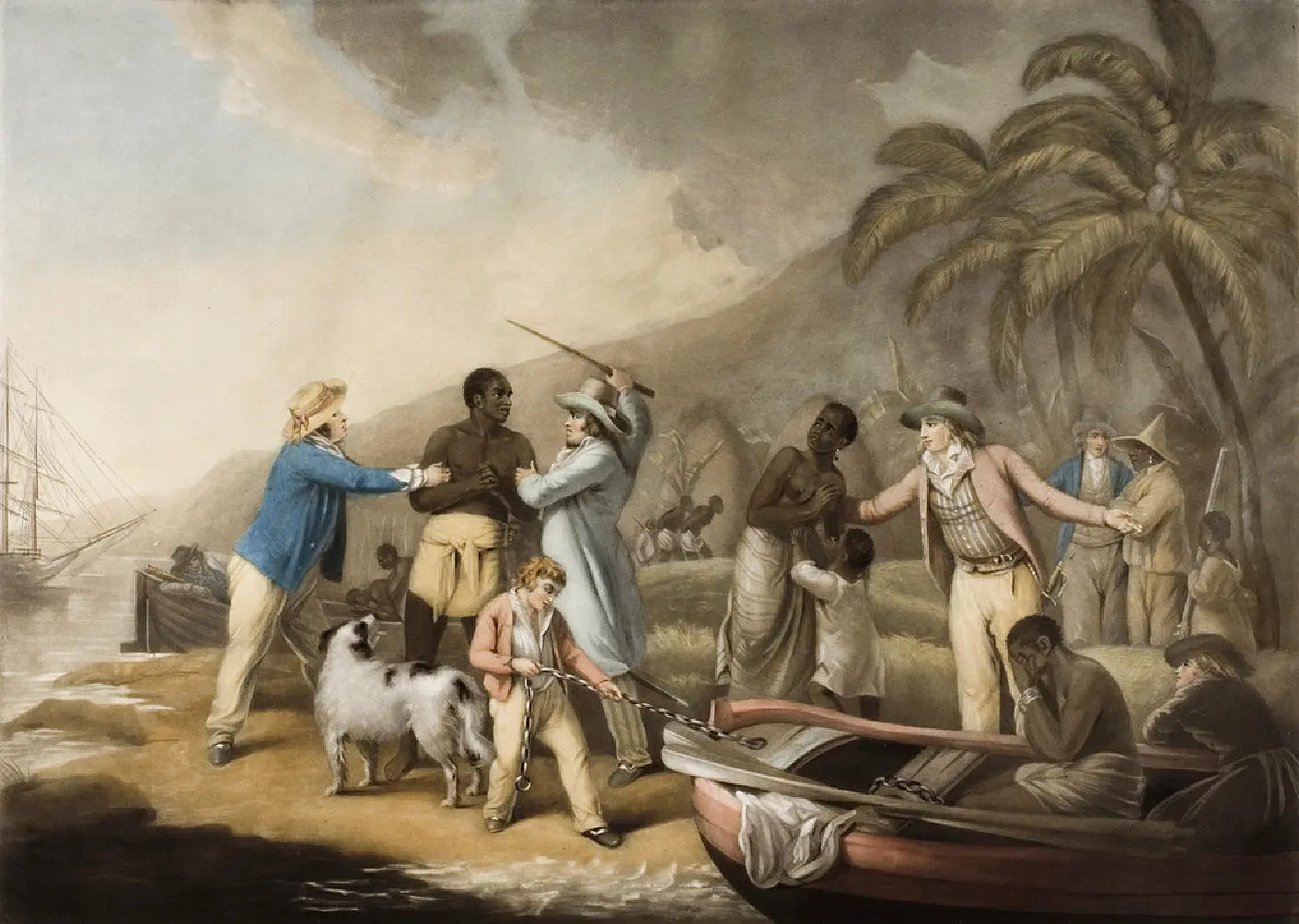The first and oldest literary and philosophical society in the world has enlisted the help of researchers from the University of Central Lancashire (UCLan) to explore its historical links with the transatlantic slave trade.
The Manchester Literary and Philosophical Society (Manchester Lit and Phil), which was established in 1781, has a long history of advancing education and knowledge in literature, science, arts and public affairs. Previous high-profile members include the ‘founder of modern chemistry’ John Dalton, engineer and philanthropist Joseph Whitworth and fine arts advocate Margaret Pilkington.
Now the Society, which has just celebrated its 240th anniversary, is working with UCLan Professor Alan Rice, an expert in Black Atlantic culture, and his team to explore what links its earliest members may have had with the transatlantic slave trade and the influences this had on the Society at the time.
Between 10 and 12 million enslaved Africans were transported across the Atlantic Ocean from the 16th to the 19th century as part of the so-called triangular trade route that brought cotton, coffee and sugar to Europe.
Just as the modern Manchester Lit and Phil recognises the need to be more diverse and works hard to attract a wide range of speakers and members, it’s important to acknowledge the complex history of the Society.– Tony Jackson, Vice President of the Manchester Literary and Philosophical Society
The researchers will investigate more than 900 members from 1781 until around 1860; using the Society’s own archives, the Legacy of British Slave Ownership database developed by University College London and the online database of the transatlantic slave-trade as well as multiple other sources. They will examine who benefitted from the slave trade, including links with cotton plantations in the United States, as well as notable abolitionist members who stood against the slave trade.
Tony Jackson, Vice President of the Manchester Literary and Philosophical Society, said: “The transatlantic slave trade is part of the Society’s history and one we can’t ignore, even if what we learn may make us feel uncomfortable.
“The slave trade connections of our earliest members might have influenced the direction of the Society and certainly did impact Manchester as a whole, for example with the establishment of cotton processing factories, such as Quarry Bank Mill in Styal, which was built in 1784 by Society member Samuel Greg and employed many hundreds at its peak.
“Just as the modern Manchester Lit and Phil recognises the need to be more diverse and works hard to attract a wide range of speakers and members, it’s important to acknowledge the complex history of the Society.”
The Black Lives Matter Movement highlighted the urgency of organisations being properly accountable for their past involvement in the highly profitable slave trade and historical silence on the issue. We are proud to be contributing to the important effort to uncover these hidden histories.– UCLan Professor Alan Rice, an expert in Black Atlantic culture
UCLan is home to the internationally renowned Institute for Black Atlantic Research (IBAR), which, led by its co-director Professor Rice, will conduct the six-month project.
Professor Rice said: “The IBAR research team is very excited to work with such a prestigious and venerable organisation as Manchester Lit and Phil on such a vital project.
"The Black Lives Matter Movement highlighted the urgency of organisations being properly accountable for their past involvement in the highly profitable slave trade and historical silence on the issue. We are proud to be contributing to the important effort to uncover these hidden histories.”
The findings of the project will be published and shared in a public lecture to be given later in the year, with a possible exhibition also being considered.
10 March 2021
